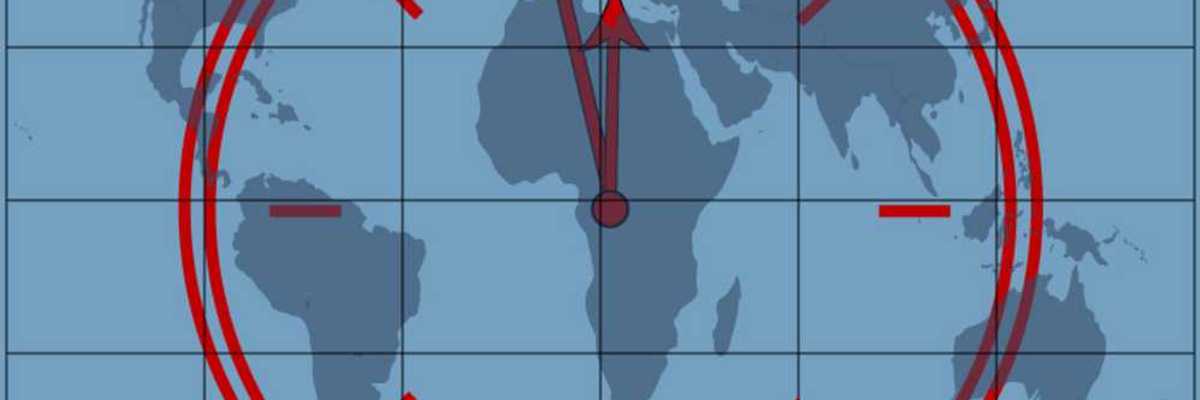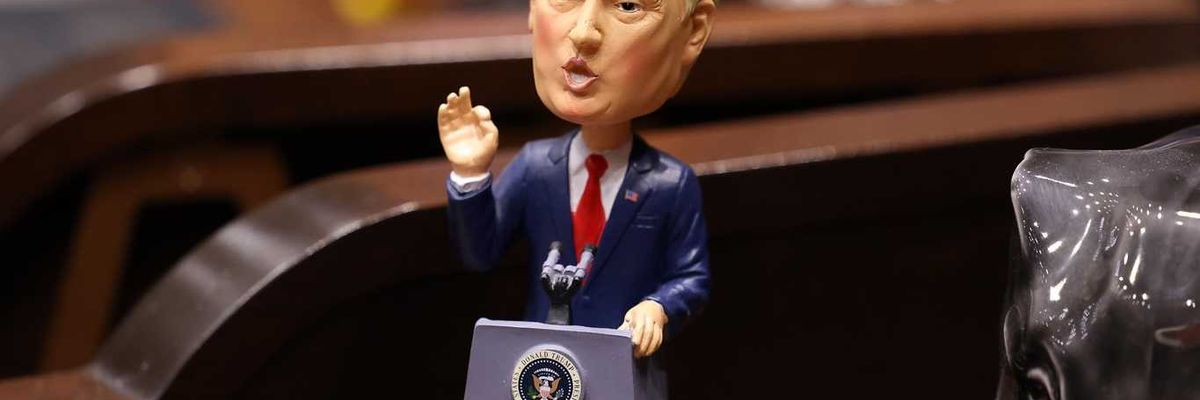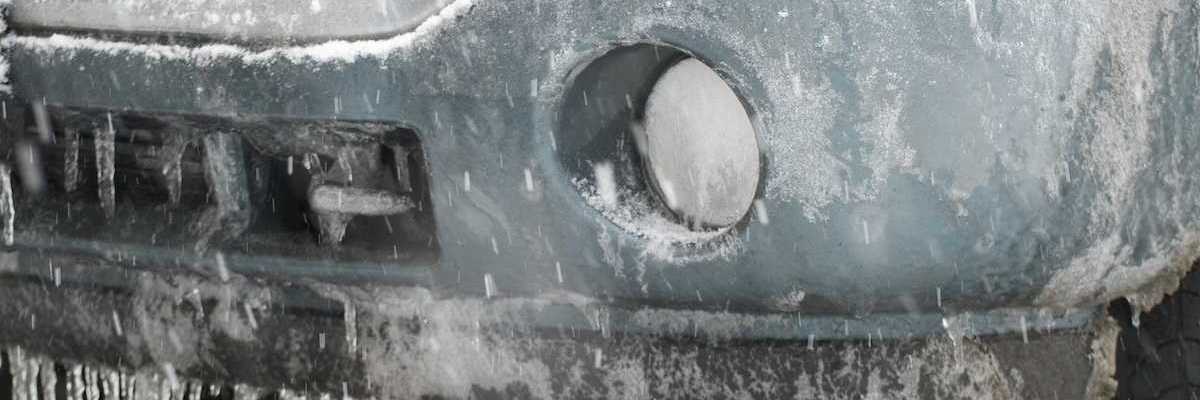fisheries
It’s not just coral. Extreme heat is weakening entire marine ecosystems
A remote Alaska village depended on the snow crab harvest for survival. Then billions of crabs died
The Indigenous people of St. Paul Island face a decision — stay or go?
Is offshore wind harming the nation’s fisheries in the race for clean energy?
Offshore wind farms in the United States are facing opposition from commercial fishermen who fear that the construction and operation of wind farms could disrupt their livelihoods and harm marine ecosystems.
In a nutshell:
Fishermen are concerned that the siting of offshore wind farms in prime fishing areas, as well as the physical infrastructure of the farms, could drive away fish and marine mammals, and pose dangers to fishing vessels and gear. There is also criticism of the lack of thoroughness in vetting potential fishery conflicts by the federal agency responsible for siting offshore wind farms, the US Bureau of Ocean Energy Management.
Key quote:
“There are so many unknowns.” Many small-scale fishers are already feeling the brunt of rising costs amid increased industry speculation. “We’re holding on by a thread,” says Wesley Brighton, a fisherman based out of Martha’s Vineyard and New Bedford, Massachusetts, who fishes for scallops, squid, lobster, and crab.
Big picture:
Offshore wind farms are rapidly expanding in the United States as part of efforts to address climate change and increase renewable energy production. However, there are increasing concerns about the potential negative impacts on marine ecosystems and livelihoods. The outcome of the swift deployment of offshore wind remains to be seen, but it is evident that maintaining ongoing communication between fishermen and the offshore wind community is crucial for finding the best way forward.
Read the full Civil Eats story here.
For baby cod, offshore wind turbines offer an alluring tone
Alaska’s climate-driven fisheries collapse is devastating Indigenous communities
Alaska’s salmon, king crab, and snow crab populations crashed last year, disrupting Native food supplies and traditions—and sending a warning for what’s to come for the Lower 48.









